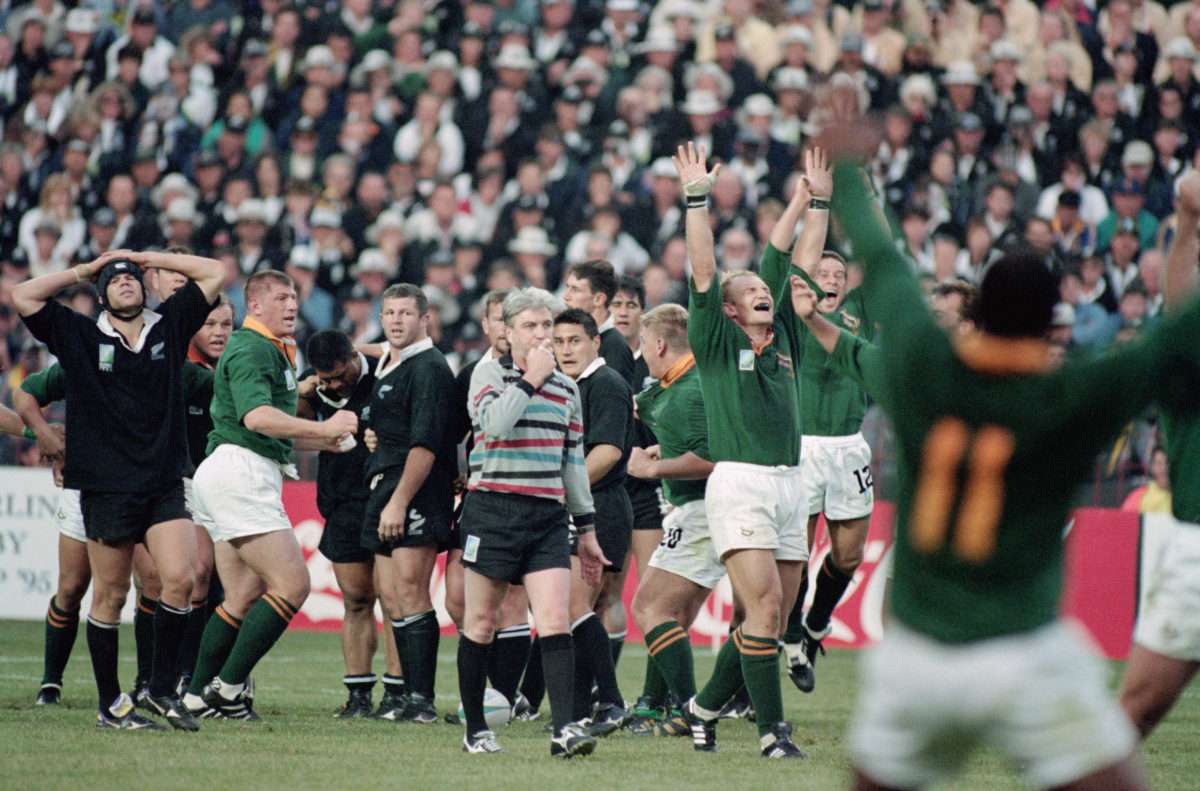
Rugby’s survival depends on referees getting the calls wrong, writes ZELIM NEL.
The game is currently at war with itself in that every effort made to ‘speed up the game’ is countered by an obsession with getting the officiating of cherrypicked moments correct with 100 percent efficiency.
Fans spend a chunk of the match watching on-field officials communicate with the Television Match Official as they agonise over slow-motion replays.
It’s laughable that any competent person would think the outcome could ever justify this drawn out process, or at least it would be if those in charge didn’t persist with the hypocrisy deforming the game and ultimately defrauding fans.
The powerbrokers have been audacious in blaming the scrum for hindering rugby’s free-flow when what should be scrutinised is their misguided belief that the laws can be applied with high levels of efficiency and accuracy.
Anyone who has been involved in rugby for more than five minutes knows this is not possible.
There are countless infractions that go unsanctioned in a match because if the officials blew every transgression, every other ruck would result in a penalty, the contest would be reduced to mauls and goal-kicks, and ball in play would dip below 10 minutes.
The game blossomed into global appeal as a contest run by the referee, warts and all. Professional rugby wasn’t invented out of thin air, it is the consequence of Rupert Murdoch taking the opportunity to commercialise the mass demand for amateur rugby.
This demand had been cultivated for more than 100 years by the time the game turned pro in the mid-90s, and it got to that point without TMOs and slow-motion replays.
In other words, referees were missing big calls in every game, but the weekly headlines routinely celebrated the moments of magic and the sport grew in popularity.
Now that we’ve progressed (and I use the word sarcastically) to the introduction of officiating by replay, many of the weekly headlines and much of the social media conversation is a furore around inconsistencies in the frame-by-frame officiating.
In the glory days, the crowd would erupt in celebrations or dismay as a player broke through and scored a try. Now, there’s a muffled reaction because nothing can be taken at face value in rugby anymore – it first has to be rubberstamped by the officials following a minutes-long huddle with the invisible TMO to debate the outcome in an informal courtroom.
The progress has murdered the spontaneity of the rugby experience.
It’s ludicrous and unsustainable, perhaps a sign that the people at the helm are not striving for the same objectives as coaches, players and fans.
TMOs and in-stadium slow-motion replays must be removed from the game, post-haste. Restore referees as the sole arbiters so that the game flows again. Use the money currently spent on live replays and TMOs to increase referee salaries in an attempt to attract the best candidates to a career as a match official.
Wrong calls will certainly be made, just like they were throughout the first century of the sport, because rugby is for and by fallible humans, just like your favourite centre who fails to break the line more than he succeeds.
But at least you’ll be able to live in the moment when that centre beats his man, outpaces the cover defence and dives over in the corner to the shrill and irreversible blast of the ref’s whistle.
Photo: Mike Hewitt/Allsport/Getty Images
